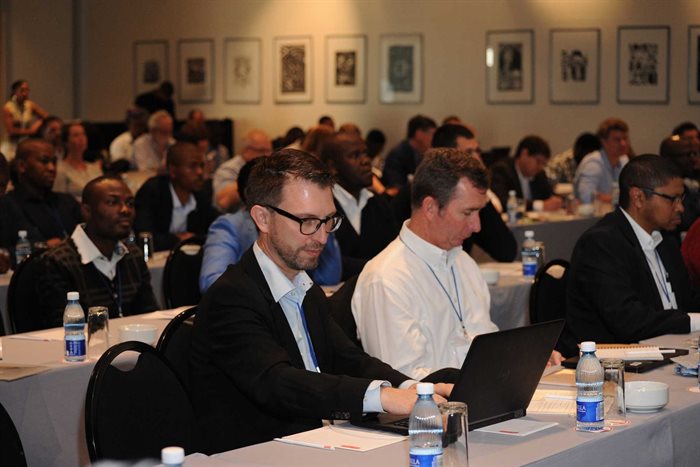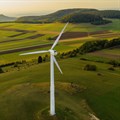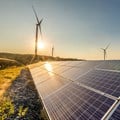Hosted by the South African Wind Energy Association (Sawea), WindAc Africa 2022 is inviting renewable energy researchers to once again showcase their work.

Source: Supplied
The renewable energy sector looks to the academic community to unpack and analyse investment capital, skills availability, land availability, grid access, operational excellency, and investment in local supply chain development, all of which play a critical role in ensuring that the industry will successfully deliver.
The conference works to clearly establish a road towards facilitating an integrated approach to research in achieving a successful power transition towards a greater share of renewables, as outlined in the country’s energy roadmap and prioritised by the president and the ministers who serve on the Energy Crisis Committee.
The fifth edition of WindAc Africa offers a special programme for high potential young people from universities across the country, and hopes to welcome 40 sponsored students at this year’s event.
Hartmut Winkler 13 Jul 2022
Facilitating strengthened partnerships
The conference brings together key stakeholders including professionals, policymakers, academics, government representatives and civil society. It aims to facilitate strengthened partnerships for the on-the-ground implementation of renewable energy projects to influence energy policy and provide a framework to aid strategic decision-making.
“This conference presents the perfect opportunity for researchers to showcase their work and reflect on the current state of the energy landscape and the industry’s readiness to transform and move towards a just energy transition,” said Niveshen Govender, CEO of Sawea.
2022 programme
WindAc Africa will be hosted over two days, 11–13 October, at the Cape Town International Convention Centre. The 2022 programme will cover technical, socioeconomic, policy, and environmental aspects of the wind industry, emphasising academic interaction across disciplines.
Abstracts may be submitted through the WindAc Africa website portal. The proposed topics of interest include, but are not limited to:
- The wind resource
- Wind turbine operation (operation and maintenance)
- Grid integration
- Wind power and environment (environmental planning and management)
- Wind turbine technology (embedded and utility)
- Wind energy economics and finance
- Energy policy
- Wind for communities
- Renewable energy independent power producer
- Battery storage
- Hydrogen economy
- New emerging markets in an African context































